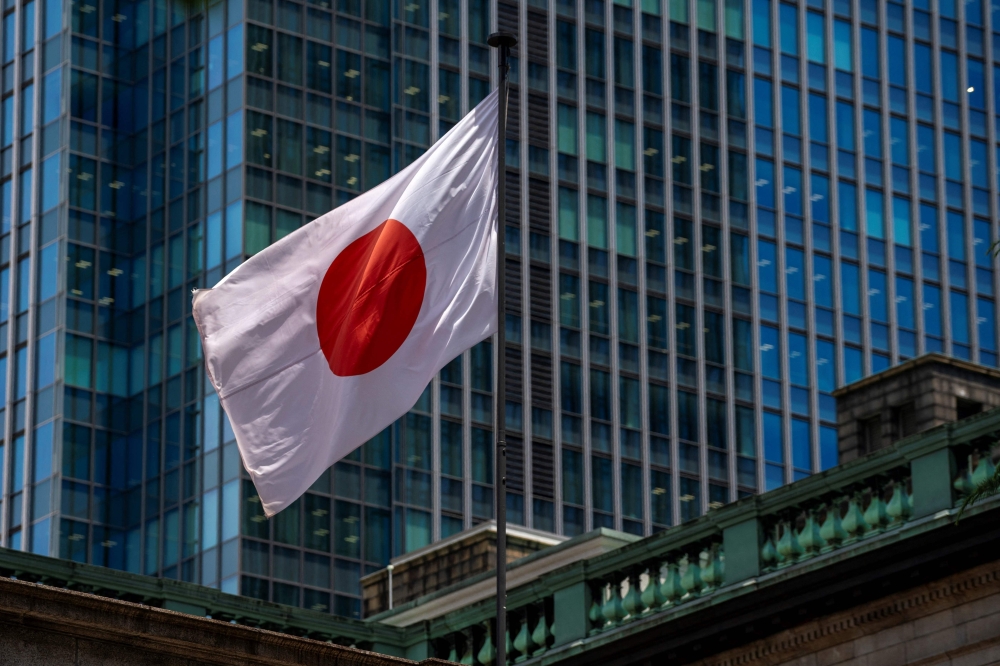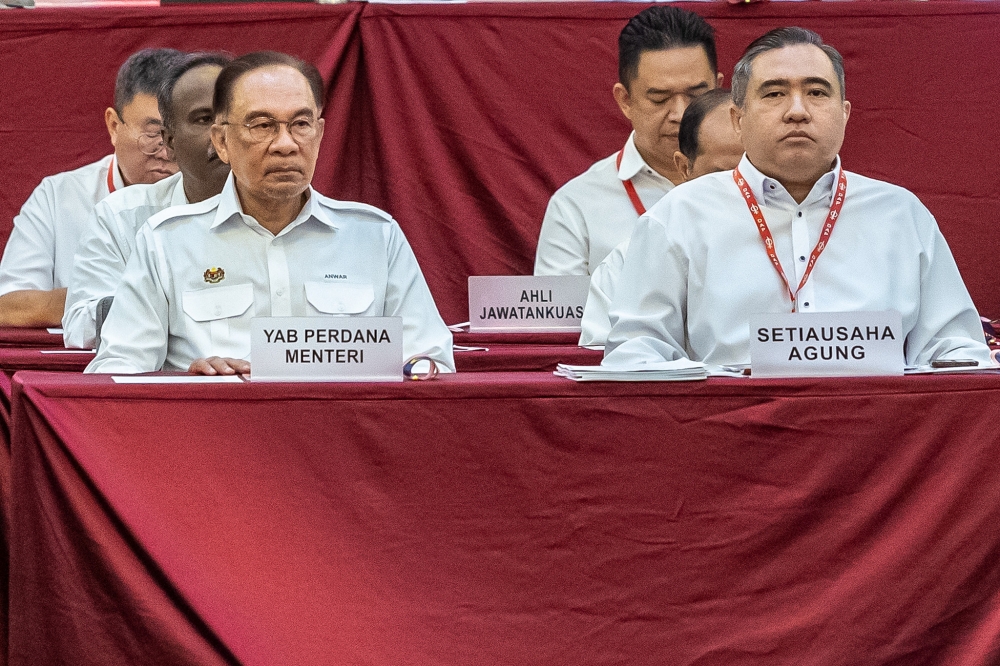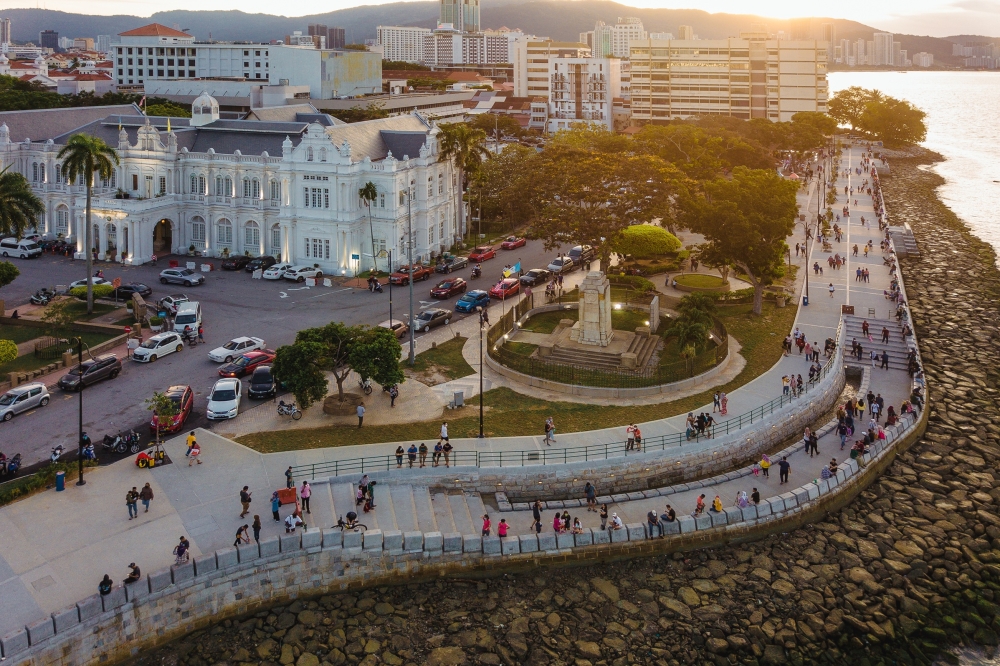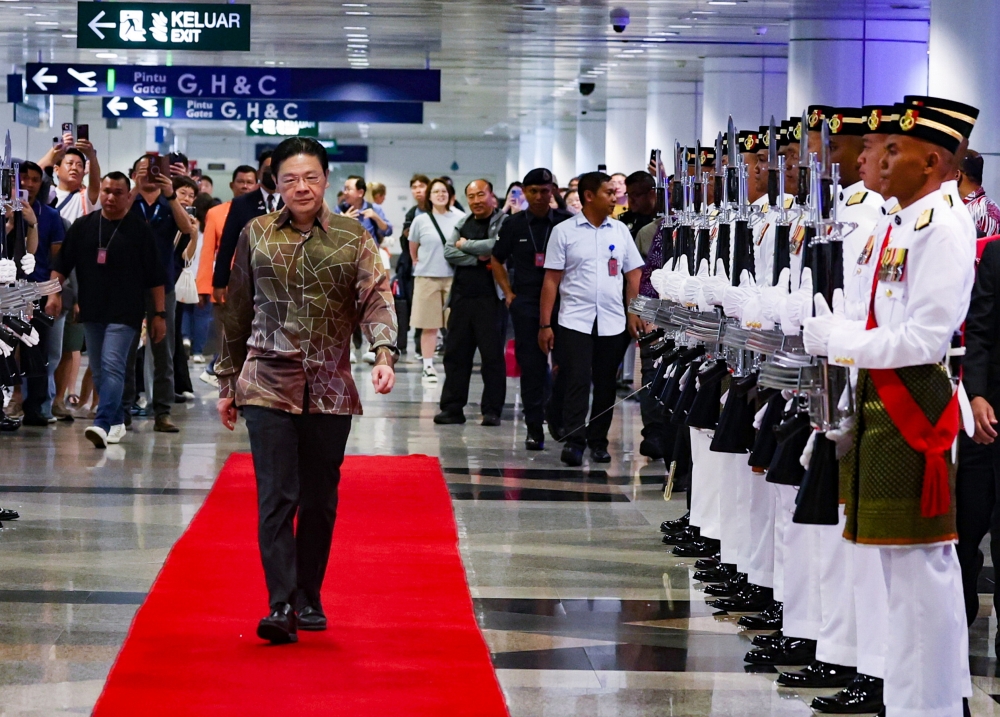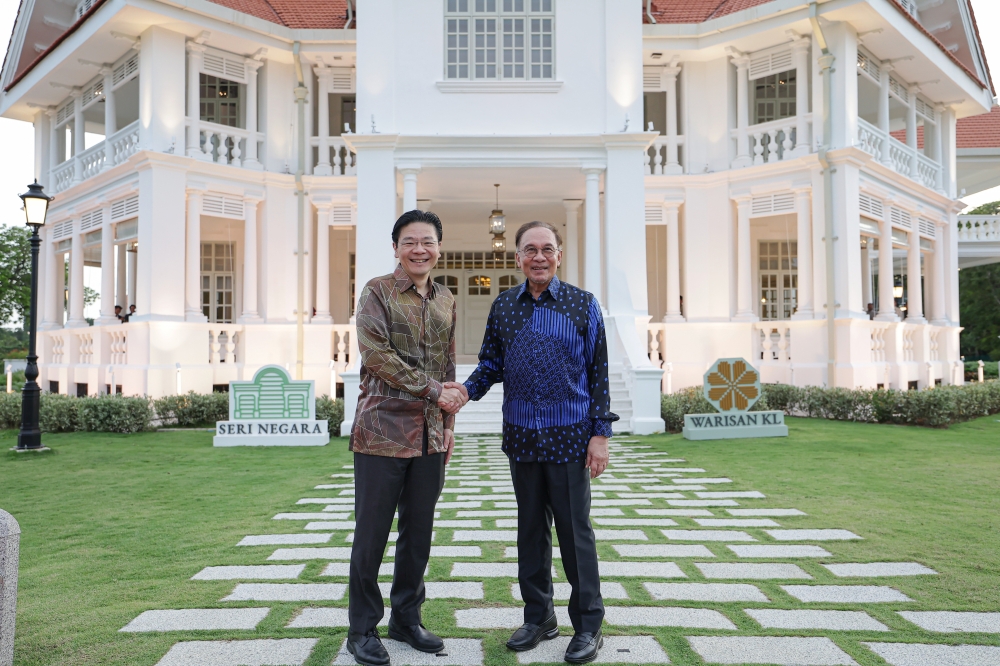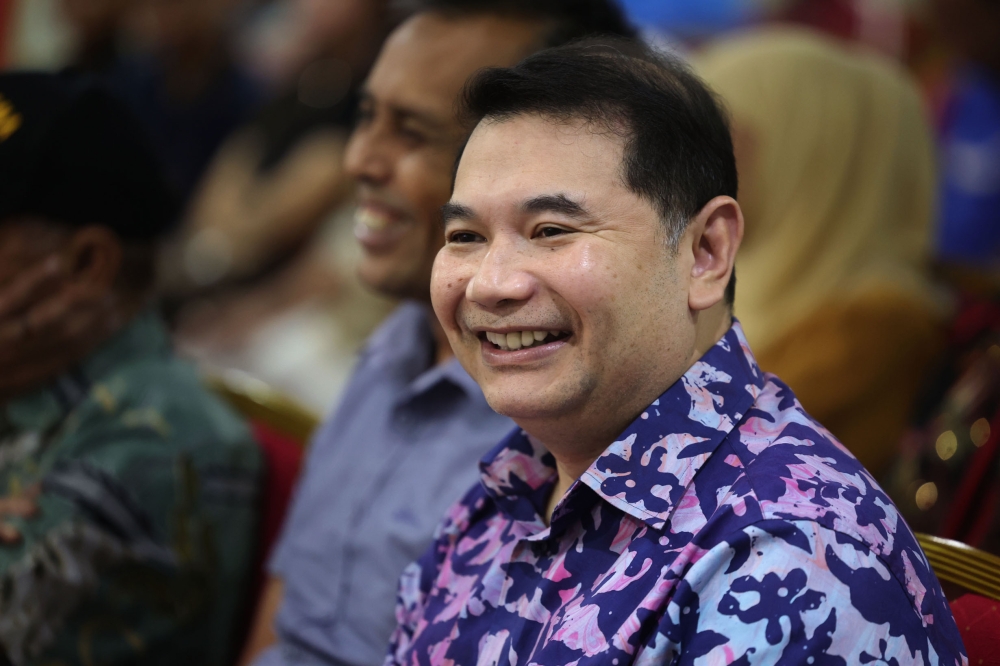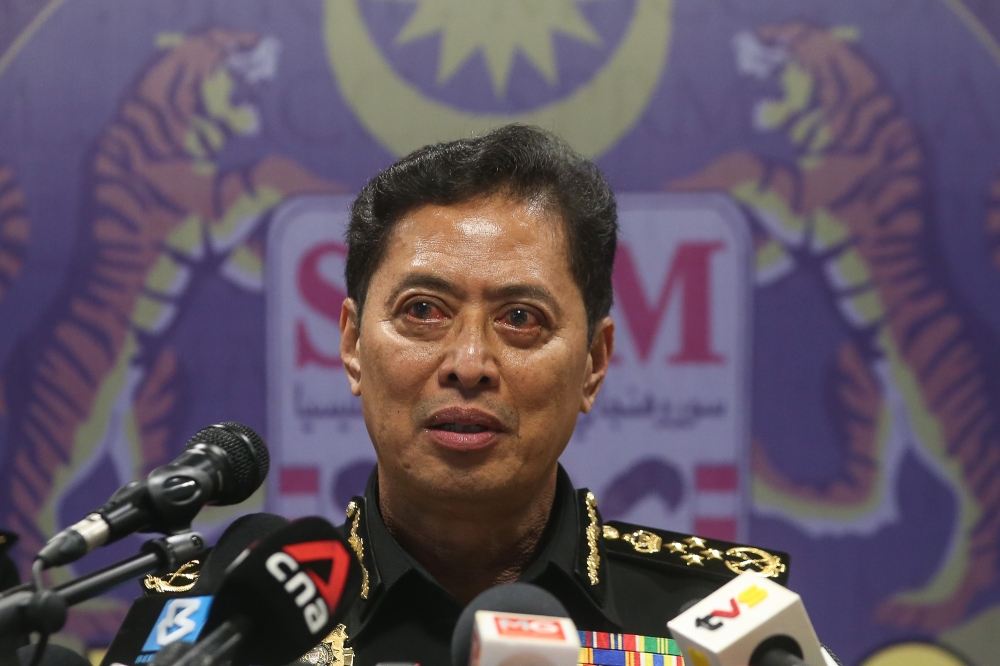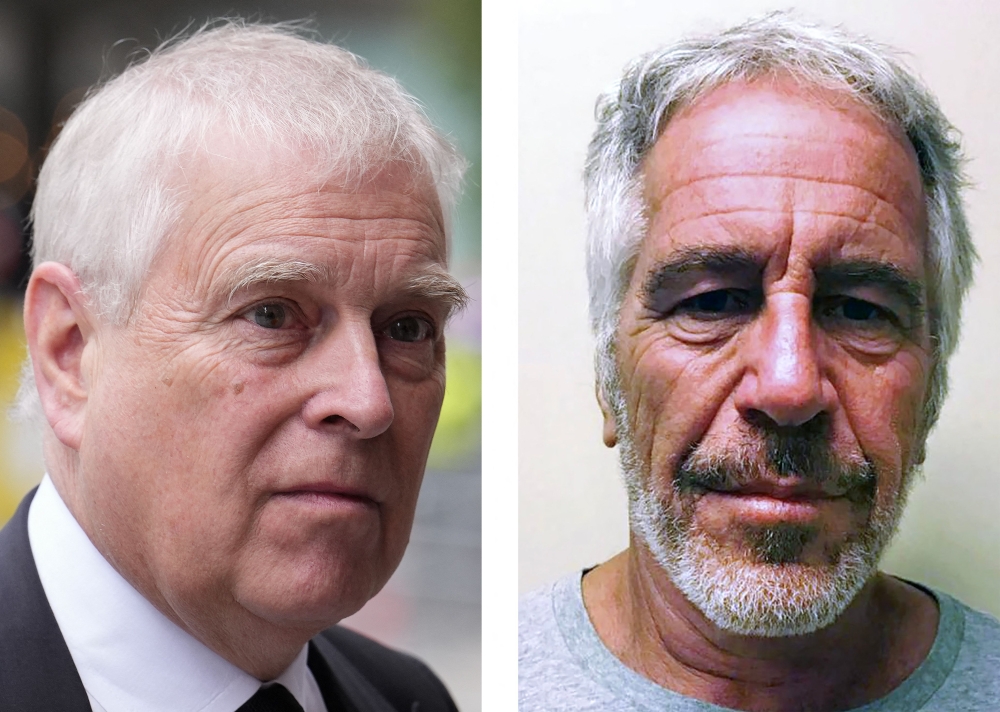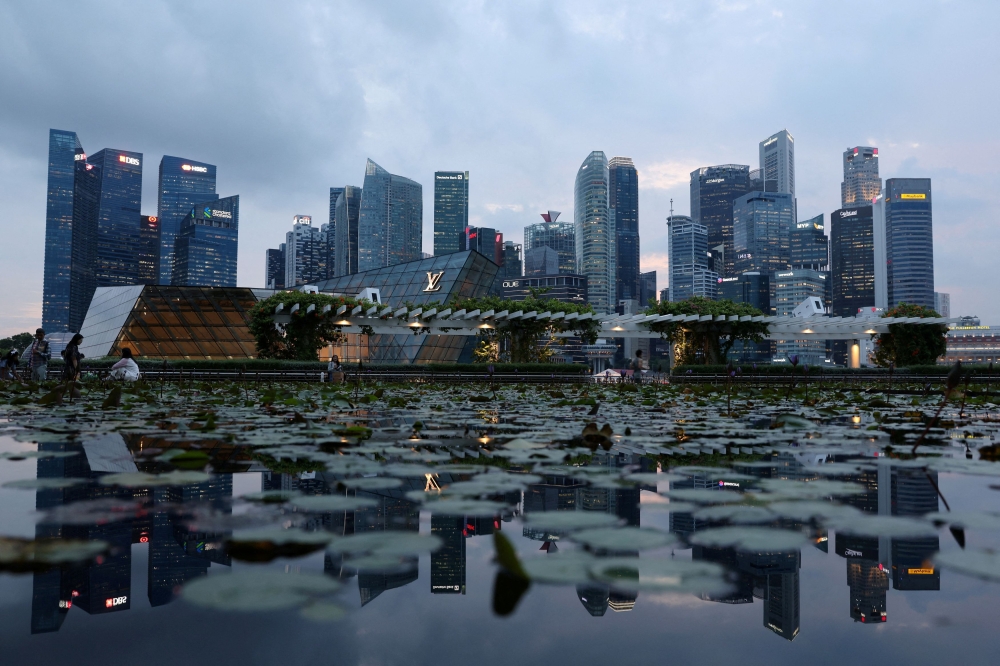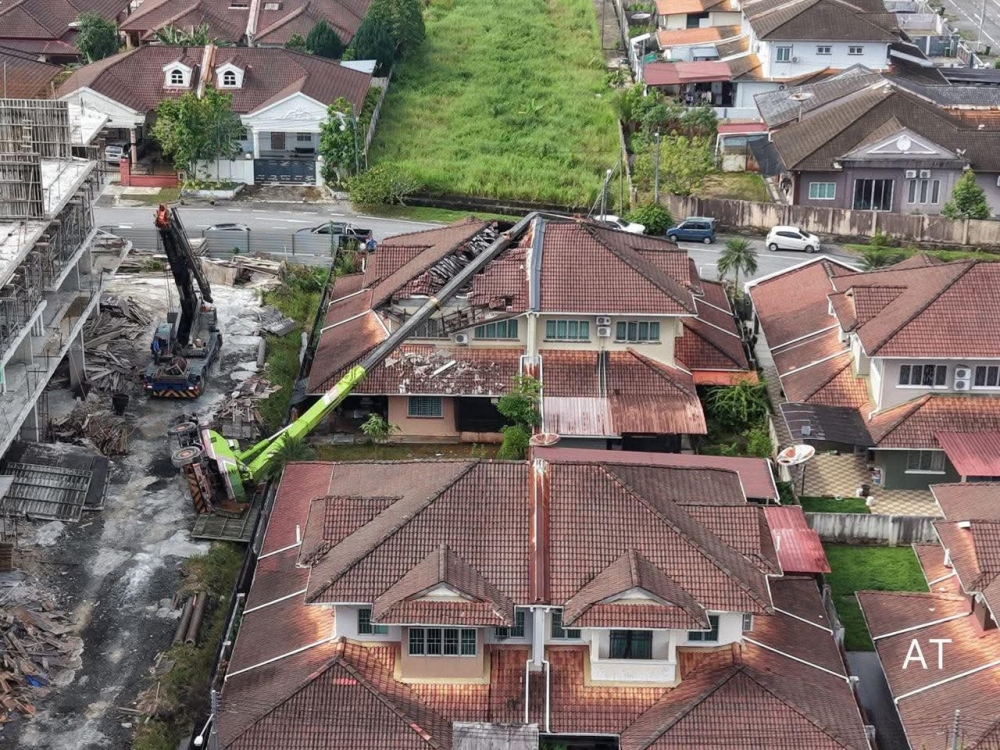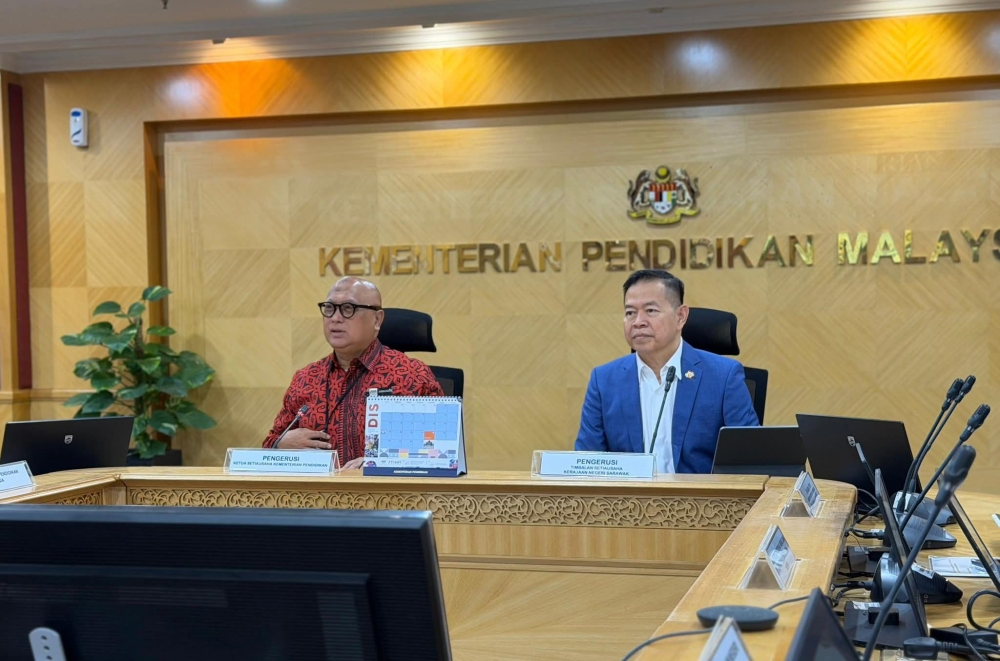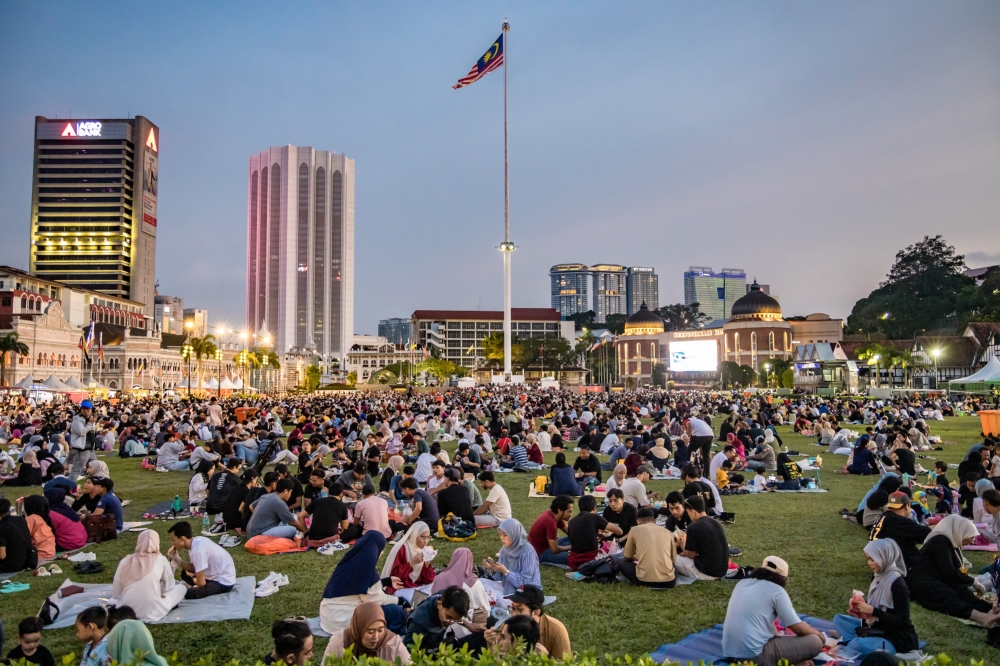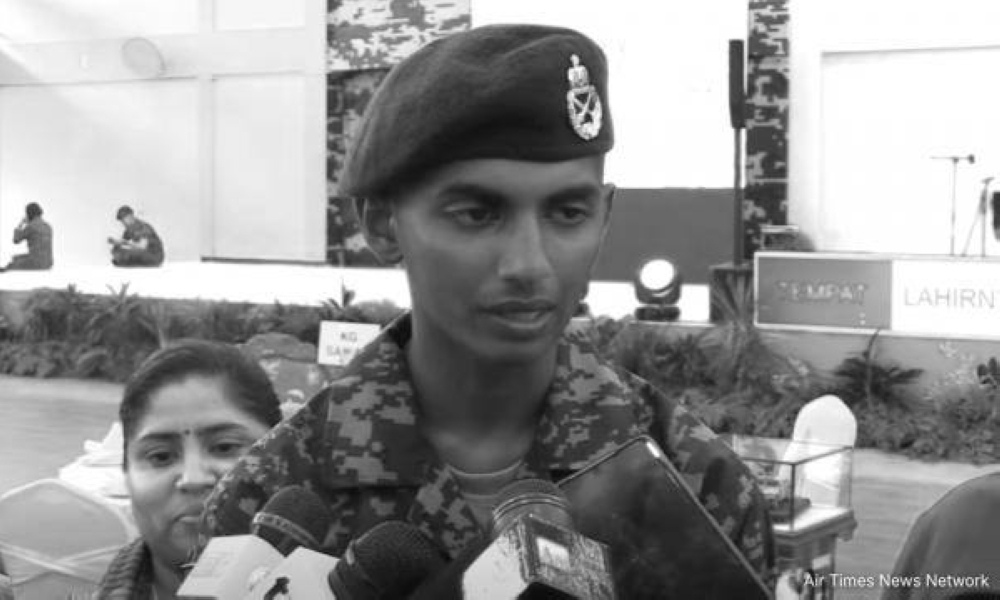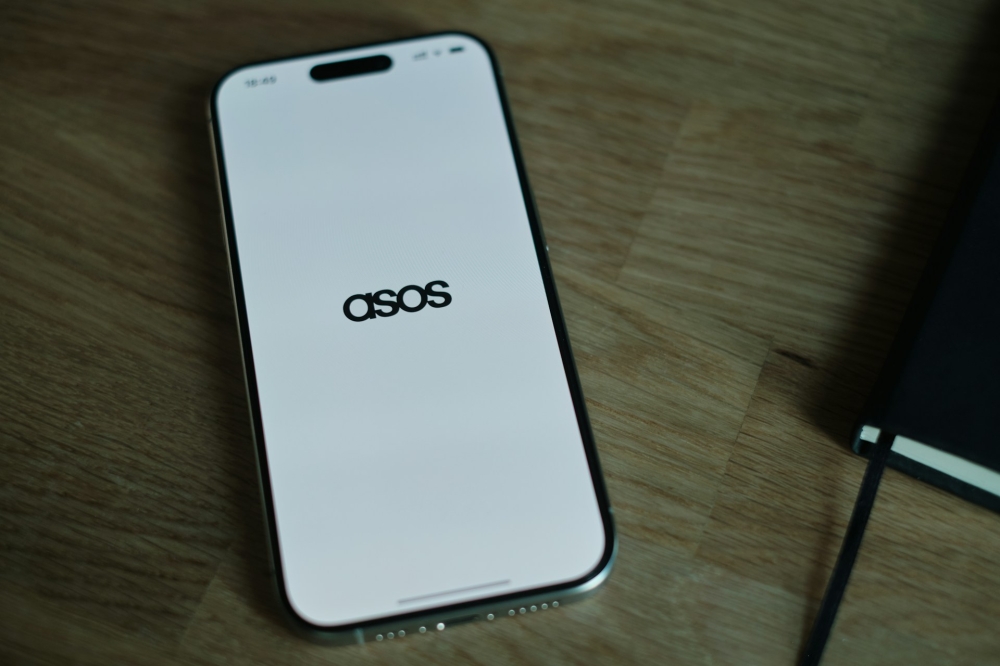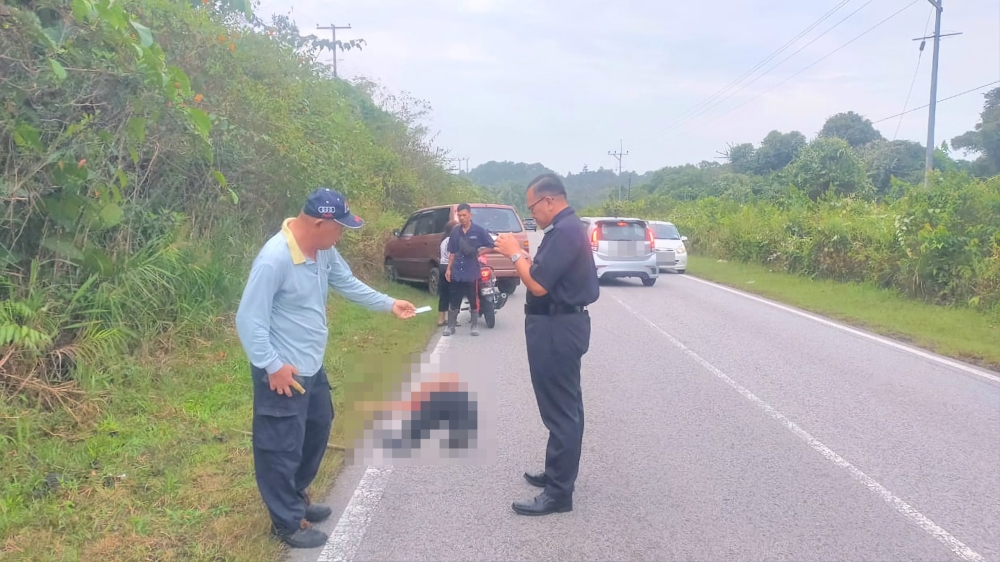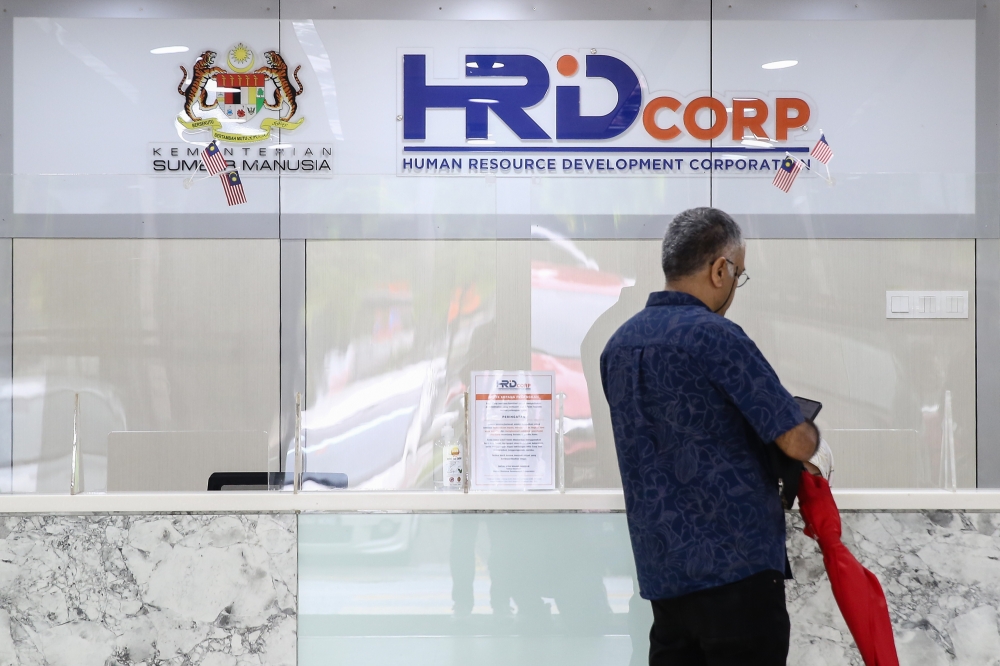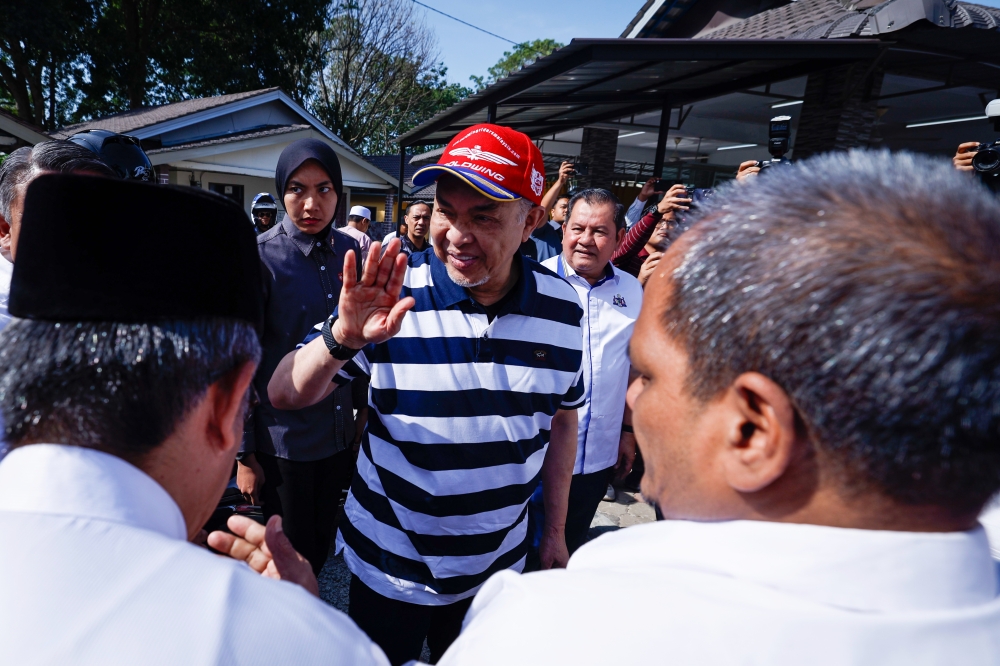KUALA LUMPUR, June 30 ― With the US last week joining a list of 20-odd countries that have legalised same-sex marriage, the locally taboo subject has again popped up in Malaysia.
But while the developments abroad has prompted discussions about Malaysia following suit, local activists said such talk was premature given the current state of human rights in the country, particularly that of the lesbian, gay, bisexual and transgender (LGBT) community.
“Can we even begin to talk about marriage equality when many LGBT in Malaysia are worried about losing their jobs because of who they are, they are worried of being kicked out of their families, they are worried of being bullied at schools because of who they are?” human rights activist Pang Khee Teik said.
“We don't even have basic rights. We don't even get the chance to have public conversations about it without being shut down,” the founder of sexuality rights festival Seksualiti Merdeka told Malay Mail Online, also saying that human rights activists need to fight for an equality that is bigger than just marriage.
Malaysia needs space for a dialogue among its citizens to create a more accepting and richer society, Pang said, agreeing that the abolishing of Section 377A of the Penal Code needs to be part of the conversation.
The particular law criminalises unnatural sexual acts such as sodomy and fellatio.
“Why are we having this law? For what purpose should the state be interested in the sexual activities of two consenting adults?” he asked of the offence that covers sodomy and is punishable with whipping and a maximum 20-year jail term.
Pang said many LGBT individuals see themselves as part of the country and part of the society, adding that the government could stop policies that force them to live in secret and stop the harassment of transgenders by the police and religious officers.
“It'll be great for one if politicians stop instigating hatred to LGBT; if our school policies can stop prescribing punishment for LGBT students and alienate them; if our politicians can stop displaying their ignorance about people's lives by claiming that we are trying to destroy society, when actually all of us are here to contribute and so many of us want to contribute beyond LGBT issues,” he said.
“Malaysia is in such a mess right now we can't afford to alienate people who want to help clean up this mess. We need everyone, all the brains and hearts to come together to make Malaysia what it can be,” he also said.
Justice For Sisters' Nisha Ayub described the US Supreme Court ruling last Friday that legalised same-sex marriage throughout America as a “victory” in the fight for equality for all including the LGBT community and by the upholding of human rights through its judicial system.
“As for Malaysia, I personally think we are not yet as progressive in terms of human rights as such basic fundamental rights has been oppressed and violated where we are denied of our rights to expression, rights to movement, rights to choose, and so on.
“I think Malaysia should think about upholding our Federal Constitution based on human rights values in their judicial system without being influenced by one's personal beliefs, culture or political party, then only any discriminative law would be demolish in our system of justice,” the transgender rights activist told Malay Mail Online when contacted.
Hisham Hussein, the chairman of PT Foundation that aims to prevent the spread of HIV, said there are bigger issues that needs to be tackled instead of questions whether Malaysia is ready for legal same-sex marriages.
“I think whether it's ready or not depend on people themselves. Of course in light of what's happening at this point of time, I would say Malaysia is not ready to accept that because of the religious fraternity,” he told Malay Mail Online when contacted, adding that the holy books of different religions in Malaysia are against such practices.
“Why look at legalising marriage when there's a lot of fundamental issues which have not been addressed?” said Hisham, whose foundation works with transgenders, men who have sex with men, sex workers, drug users and people living with HIV.
From the perspective of “public health”, PT Foundation respects the communities that they serve to get their job done and to ensure that Malaysians do not get infected with HIV, he said.
Hisham agreed that Section 377A of the Penal Code needs to be reviewed, noting that such a law will drive those at risk of HIV infections “underground” out of fear of jailing and would impede PT Foundation from reaching out to them.
“We are concerned, because every day, we get something like nine new infection (cases),” he said, referring to official 2014 figures from the Ministry of Health.
According to Hisham, the trend shows that 70 per cent of new HIV infections is from sexual transmissions, while 30 per cent is through injecting drug users.
For the sexual transmission cases, around 40 per cent to 70 per cent of them involve those who are gay or bisexual, while the remaining involve heterosexual couples.

